Effective Ways to Fight Sugar Cravings: Expert Nutrition Tips for Indians
Introduction
Sugar cravings are a common challenge many of us face, especially with the abundance of sweet treats and desserts in Indian cuisine. Whether it's a post-lunch dessert or a sweet chai break, the temptation is real. However, excessive sugar consumption can lead to numerous health issues, including weight gain, diabetes, and heart disease. In this post, we'll explore effective ways to fight sugar cravings with practical tips and strategies tailored for the Indian audience.
Understanding Sugar Cravings
Biological Response

Sugar cravings can be a biological response to the body's need for energy. When we consume sugary foods, our body releases serotonin, a neurotransmitter that regulates mood and appetite. This can lead to a cycle of craving and consumption.
Emotional Connection

Sugar cravings can also be emotionally driven. Stress, boredom, and emotional states can trigger sugar cravings, making it difficult to resist the temptation.
Blood Sugar Imbalances

Fluctuations in blood sugar levels can trigger cravings. When blood sugar levels drop, the body seeks quick energy from sugary foods to restore balance.
Nutrient Deficiencies

Lack of certain nutrients can make your body seek quick energy from sugary foods. Ensuring a balanced intake of vitamins and minerals can help mitigate these cravings.
Habits and Culture

Regular consumption of sweets as part of cultural practices can create habitual cravings. Celebrations, festivals, and even daily routines often involve sweet treats.
The Impact of Sugar on Health
Obesity

High sugar consumption contributes to weight gain and obesity. Excessive sugar intake leads to an increase in calorie intake, often without providing essential nutrients.
Diabetes

Frequent spikes in blood sugar levels can lead to insulin resistance and type 2 diabetes. Managing sugar intake is crucial for maintaining healthy blood sugar levels.
Heart Disease

Sugary diets are associated with an increased risk of heart disease. Excess sugar can contribute to inflammation, high triglycerides, and other risk factors for heart problems.
Strategies to Fight Sugar Cravings
Balance Your Diet
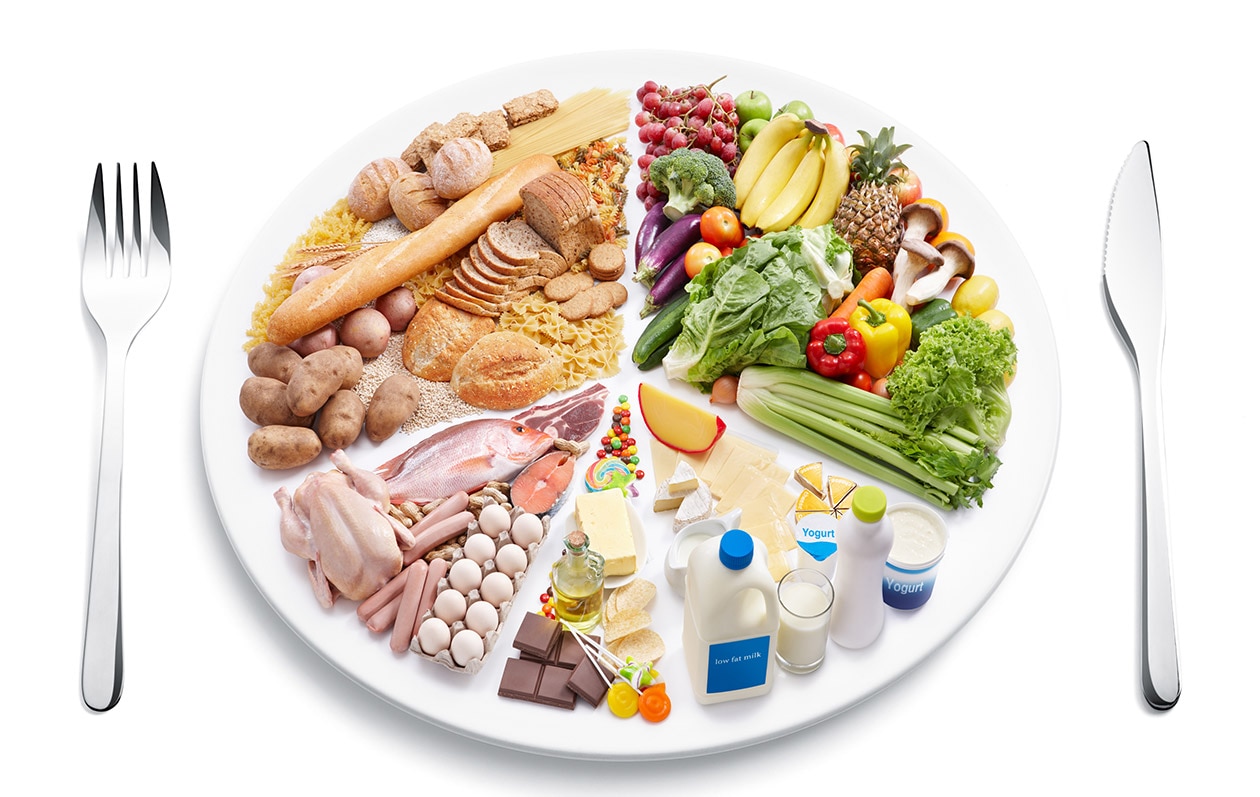
Eating a balanced diet rich in proteins, healthy fats, and complex carbohydrates helps stabilize blood sugar levels and reduce cravings. Incorporate foods like:
- Whole Grains: Brown rice, whole wheat, and oats
- Protein-Rich Foods: Lentils, chickpeas, tofu, and lean meats
- Healthy Fats: Nuts, seeds, and avocados
Stay Hydrated

Sometimes, thirst is mistaken for hunger. Drinking adequate water throughout the day can help manage cravings. Aim for at least 8 glasses of water daily.
Manage Stress

Stress is a significant trigger for sugar cravings. Engage in stress-reducing activities such as:
- Yoga: Practicing yoga helps calm the mind and reduce stress.
- Meditation: Regular meditation can improve emotional health and control cravings.
- Exercise: Regular physical activity releases endorphins, which can help combat stress and reduce the urge for sugary foods.
Opt for Healthy Alternatives
Satisfy your sweet tooth with healthier alternatives:
- Fruits: Fresh fruits like apples, berries, and bananas
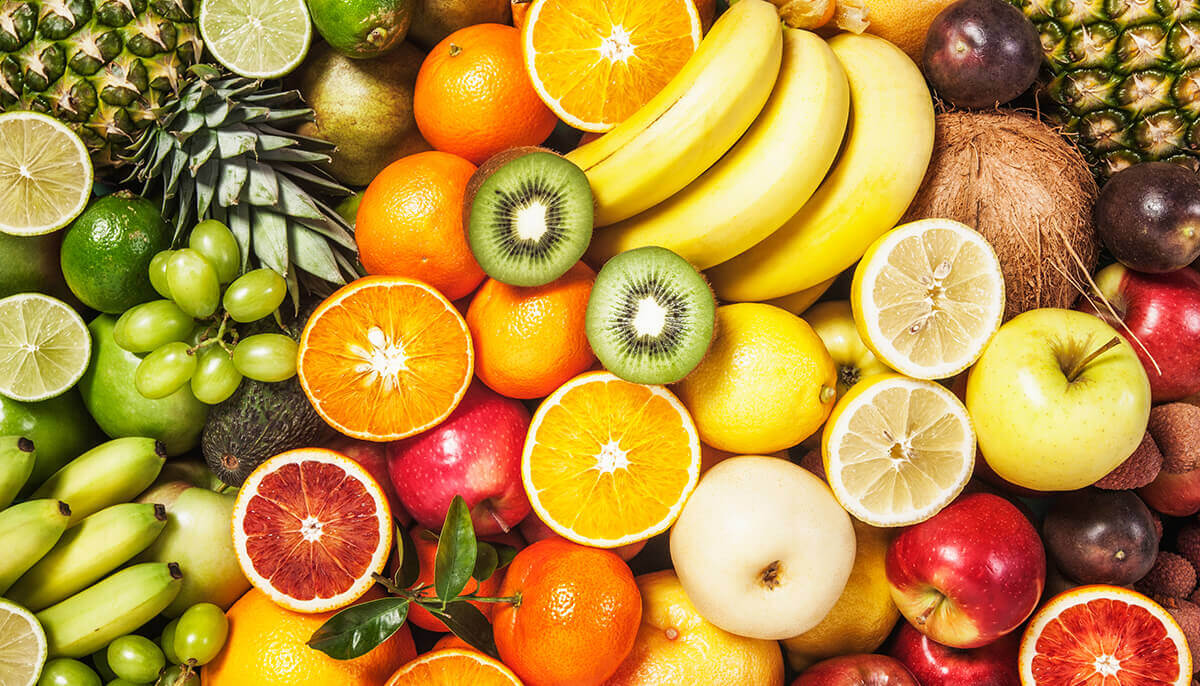
- Berries: Berries are a nutritious choice to help stop sugar cravings. They taste sweet, but their high fiber content means they’re lower in sugar and could keep you full longer.
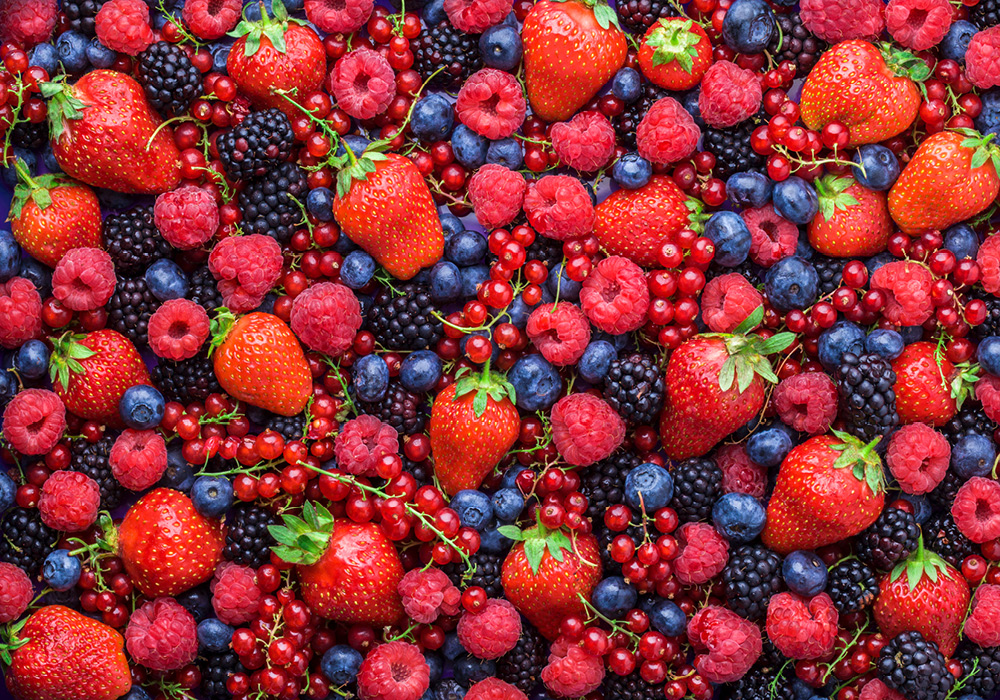
- Dates: Dates are the dried fruit of the date palm tree. Although they contain nearly 70% sugar, they’re highly nutritious and may help reduce sugar cravings.
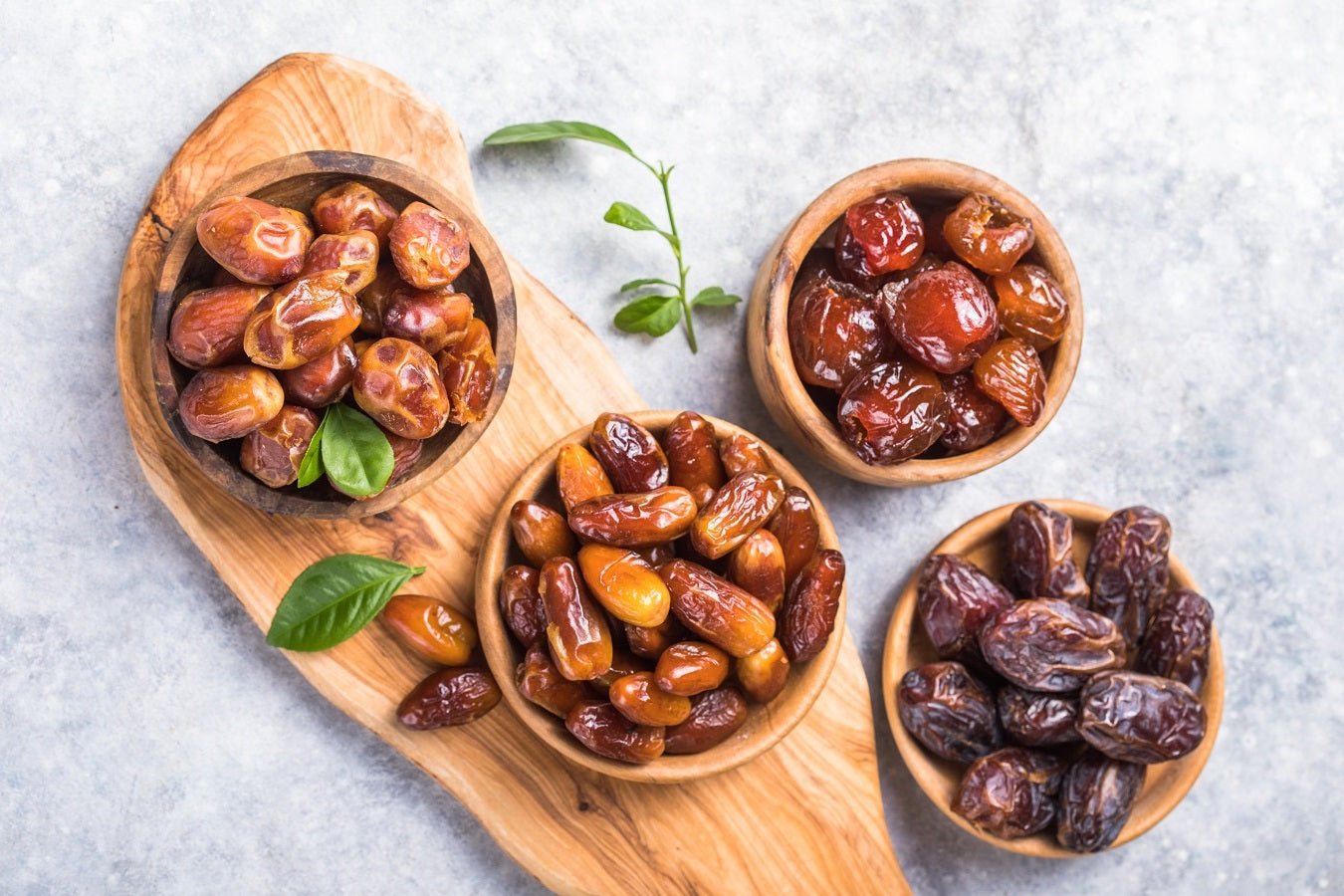
- Smoothies: Smoothies can be a great option if you’re craving a sugar-sweetened beverage. Try combining different types of fruit with yogurt.

- Natural Sweeteners: Use honey, jaggery, or stevia in moderation.

- Dark Chocolate: Opt for dark chocolate with at least 70% cocoa content.
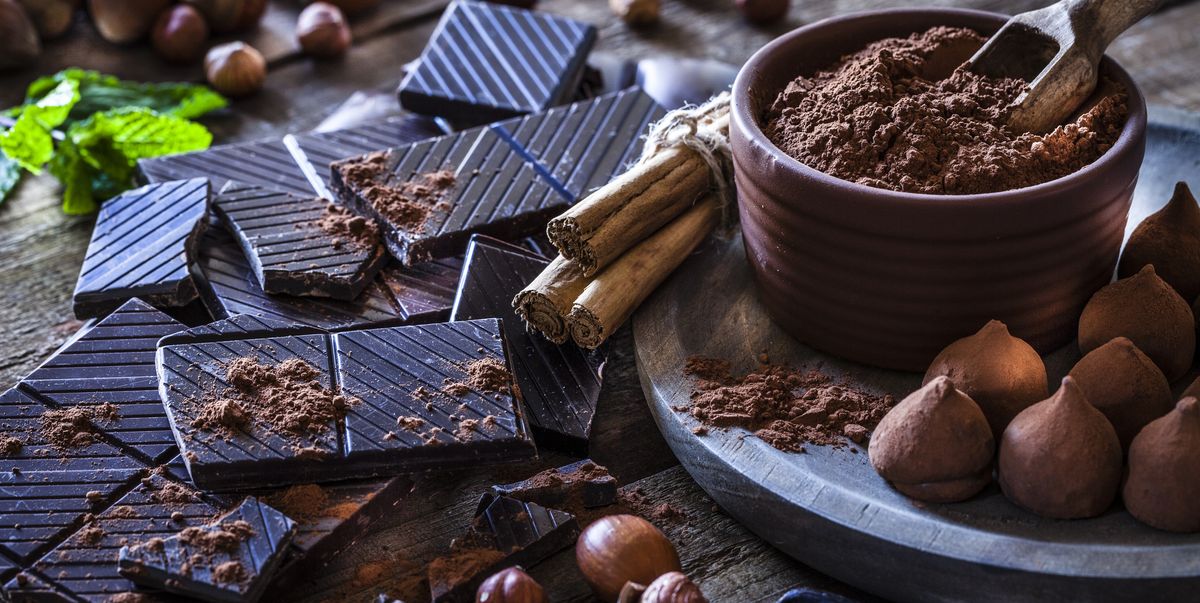
Get Enough Sleep

Lack of sleep can increase hunger and cravings, particularly for high-sugar foods. Aim for 7-8 hours of quality sleep each night to regulate appetite hormones.
Exercise Suggestions to Combat Cravings
Regular physical activity not only helps manage weight but also reduces sugar cravings by stabilizing blood sugar levels and boosting mood. Here are some exercises to incorporate into your routine:
Walking

A brisk 30-minute walk can help reduce stress and improve blood sugar control.
Strength Training

Builds muscle mass and improves insulin sensitivity.
Aerobic Exercises

Activities like cycling, swimming, and dancing are excellent for overall fitness and managing cravings.
Conclusion
Fighting sugar cravings is a journey that requires a combination of dietary adjustments, lifestyle changes, and mental health practices. By understanding the root causes and implementing these strategies, you can take control of your cravings and improve your overall health. Remember, it's not about eliminating sugar entirely but finding a healthy balance that works for you.
FAQs
1. How long does it take to reduce sugar cravings?
- Reducing sugar cravings can take a few weeks to a few months, depending on your diet and lifestyle changes.
2. Are artificial sweeteners a good alternative?
- Artificial sweeteners can help reduce calorie intake but should be used in moderation as they can still trigger cravings.
3. Can certain vitamins help reduce sugar cravings?
- Yes, certain vitamins like chromium and magnesium can help regulate blood sugar levels and reduce cravings.
4. How does fiber intake affect sugar cravings?
- Fiber helps slow down the absorption of sugar, keeping blood sugar levels stable and reducing cravings.
5. What is the role of mindful eating in managing sugar cravings?
- Mindful eating helps you become more aware of your eating habits and cravings, making it easier to manage and reduce them.





